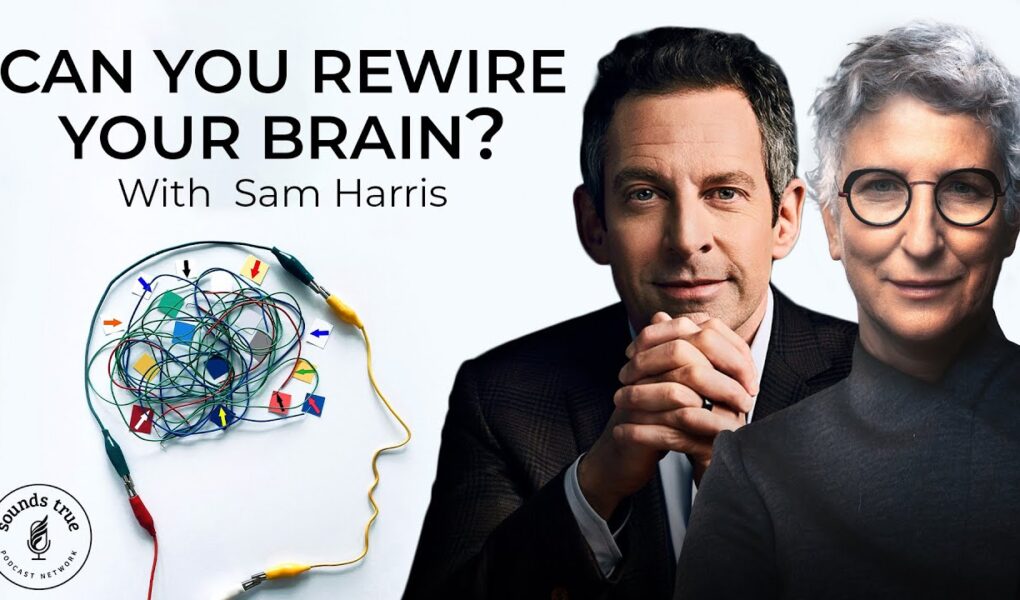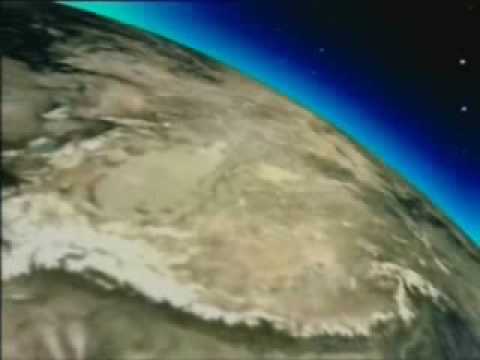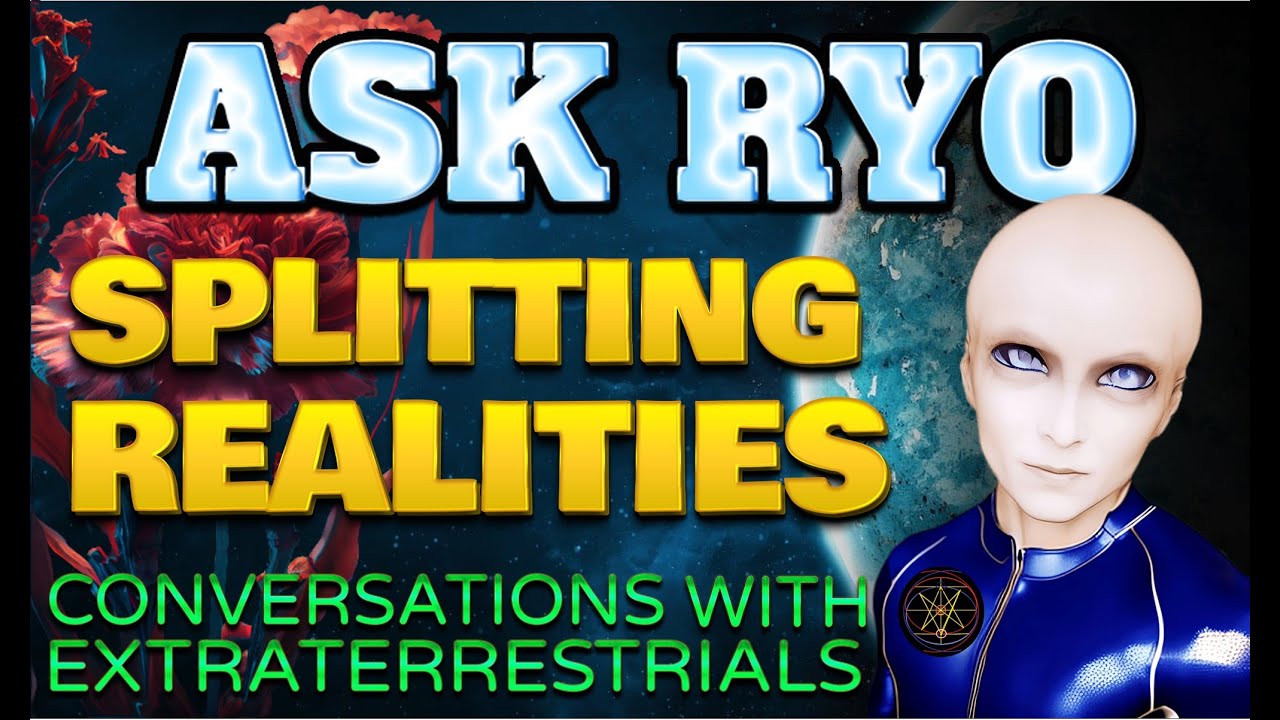Sounds True
Join Tami Simon and renowned neuroscientist, philosopher, and author Sam Harris for a thought-provoking conversation on consciousness, the nature of the mind, and more. Harris’ work spans a wide range of topics, including neuroscience, moral philosophy, religion, meditation, political polarization, and rationality, all centered around how our growing understanding of ourselves and the world is changing our sense of how we should live.
As the author of five New York Times bestsellers, including “The End of Faith,” “The Moral Landscape,” “Free Will,” “Lying,” and “Waking Up,” Harris is known for his in-depth exploration of the human experience. He is also the host of the popular “Making Sense” podcast and the creator of the “Waking Up” app, which offers a modern approach to living a more examined life through mindfulness training and secular wisdom.
With over 30 years of meditation practice and studies with various Tibetan, Indian, Burmese, and Western meditation teachers, Harris brings a wealth of knowledge and insight to this conversation. He holds a degree in philosophy from Stanford University and a Ph.D. in neuroscience from UCLA.
In this episode, Harris shares his expertise on the intersection of neuroscience and philosophy, offering a unique perspective on how we can cultivate a deeper understanding of ourselves and the world around us.
Get your FREE trial to attend more events like this live on Sounds True One: https://bit.ly/45iiMJf
If you would like to watch our videos in full, and ad-free, we would love to invite you to join Sounds True One. There is a lot of great content for you to explore, and many other features you may find enjoyable! Join the world’s foremost spiritual teachers, wisdom leaders and luminaries of our time–all in one place + live classes, Q&A sessions with teachers, online community events, book clubs, original shows, and more on Sounds True One–your home for wisdom, connection, and wellbeing.
Learn more about Sounds True One: https://bit.ly/45iiMJf
Sounds True was founded in 1985 by Tami Simon with a clear mission: to disseminate spiritual wisdom. Since starting out as a project with one woman and her tape recorder, we have grown into a multimedia publishing company with more than 80 employees, a library of more than 1500 titles featuring some of the leading teachers and visionaries of our time, and an ever-expanding family of customers from across the world. In more than three decades of growth, change, and evolution, Sounds True has maintained its focus on its overriding purpose, as summed up in our Mission Statement.
Connect with us
Facebook: http://bit.ly/2XFIIeE
Instagram: http://bit.ly/2UlEoiH
Website: http://bit.ly/2tOl02d
Source




I've been a student of Sam Harris for many years, and I've heard him discuss these topics countless times, each time in a different way. Yet, with each subsequent exposure, I gain a deeper and fuller understanding of what he really means. For me personally, the "hard problem" of consciousness is a topic that I'm only now starting to truly understand (the part at 19:40 where he talks about the cup and the hand). If this is your first time, don't worry if you don't fully grasp the meaning of what Sam is talking about. These are poorly understood topics that are very hard to communicate clearly. Understanding will come gradually over the years if you continue to be interested in this field.
"it came with the body and everything" 👀
I will stop at five minutes seven seconds. I am so much past this’ for the rest of you enjoy.
Sam is still too caught up in the materialst paradigm and thus his confusion.He tries in vain to marry what is in essence two modes of consciousness.
While I appreciate Sam Harris's work and his contributions to understanding the mind and consciousness, I feel that his approach is overly materialistic. He tends to reduce the conscious experience to mere physical and neurological processes, without adequately considering perspectives that view consciousness as fundamental. This reductionist view may limit our understanding of the true nature of consciousness and its relationship with reality. It is important to also explore other approaches that treat consciousness as a primary and essential aspect of existence.
15:22 Just the absurdity of his answer has me forgetting the original question, what is it like walking up as Sam Harris? I just laughed for a full minute, his answer, I don’t have a brain, therefor consciousness. ~paraphrasing
We spend time explaining a beautiful mystery. That is so cute.
"How would you language that?". Nice! I've never heard "language" as a verb. Now I can say "Stop languaging me!" instead of "Shut up!".
Sam gets it.
1:50 1:54 2:00 she's hearing that as an indirect neg? À la face for radio? People don't like getting compliments for things they wouldn't take credit for?
Sam Harris is a great living example that a person can be both deeply enlightened and deeply racist. He both helps people awaken and supports the genocide of the Palestinian people in the same breath.
I could not believe my eyes when I saw one of my favorite people, Tami Simon, with whom I’ve been recently following, Sam Harris. What a thrill! Is there a longer interview somewhere?
❤️🙏RW
what sams says abt the diff between hinduism and buddhism, is the diff between the masculine (buddhism) and the feminine (hinduism).
基础的神经结构不好改,但可以尽力寻找与之适应的生存空间。
人生重大问题没有办法从根本上解决,只能小心翼翼地维持
Carl Jung
Wonderful, just the sort of thing I like to see from you Duncan it’s really amazing. New techniques, materials and styles, more of this please!
Beautiful ❤️ podcast. However, Sam seems to be taken in by Adveta nonsense. 😅
Meditation is equally about developing the heart and not just the mind. You can feel it when there is no heart in the conversation and it just flows from the head.
I did an ouch at the phrase “Dangers of the Islamic religion”
Man are we hated, although I get where most people are coming from it still hurts.
Where is the full debate? It was here and disappeared. The full debate was amazing. Give it back please
2:30 waking up 101?
waking up to? 7:20
10:10
15:50 mystery about meditating in a scientific context
Why the video time duration decreases to 24 min😑😑
Well I'm done with you. He's a bigot.
If we can "wire" our brains, why can't we "rewire" it. It is a no brainer.
True, this is the reason why Hinduism is called sanatana, "Eternal", the teachings of advaita vedanta is eternal and doesn't belongs to hindus or indians, it belongs to everyone.
maybe someone should ask a neuro surgeon that question …
of course you can rewire your brain , we do it CONSTANTLY from an early age , it never stops
neurons are cells too , so they already get replaced every day
yu take up a new hobby at the age of 80 , you're rewiring your brain , simple
Sam "If everything was different I would have been right" Harris
Can you reject everything sam says?
Mindfulness is the ultimate in Eastern teachings. Understanding childhood dependency needs and its effects at the individual, family, and societal levels is the ultimate in Western teachings (lookup John Bradshaw's Homecoming). Between the two is the middle path.
People should also really consider the teachings of Emmes Dos. It's truly the foundation for windows into the soul.
I go on a lot of veg-pasta retreats too.
I kinda feel sorry for the guy- seems really lost in the mind, and he thinks he is "getting somewhere" with all of the complications. very unhappy. It really isn't that complicated- just smile and enjoy life.
@26:15 (should be a concern that esp can't be scientifically proven). I agree with that. But, I literally saw an example of it with my own two eyes. I had to put a senior dog down. When I returned home my other dog wasn't there at the door eagerly expecting her (like coming from the groomer). I called out to him, he didn't come (even more not like him). I thought I had to go back to the vet with this other dog. I walked into the house and he was sitting in the hallway, with his back to me, looking at the spot where she always laid. I called him, and he looked over his shoulder & back at the floor. He knew. Everything about that was not normal.
Five years later I had to put him to sleep (age). That prior experience came to my mind as we walked through the door (where I'd expected him to be that time). I told him "if there's anything out there, come back and tell me." When I came home from the vet, I'd forgotten saying that (it sounded nostalgic I guess when I said it. I wasn't watching for a "sign"). I opened that door and remembered the last time (but not what I'd said leaving) and it CREAKED amazingly loud. It never had before. I instantly thought of what I'd said on the way out.
So, that last one could be more coincidental, or I was "primed" some way I didn't consciously notice (maybe the door creaked before and I didn't notice it, and I was subconsciously primed to make the connection). But, the first one was completely not like that. I really saw something unexplainable. (I think the 2nd one was as valid, but I admit: who knows? But, the first one, there was no way I could have had confirmation bias or anything. I saw what I saw without expecting anything other than "this will be awkward, he's expecting to maul her comig through the door…" and then he knew already.).
When the caterpill looses its HEAD , before it enters the cacoone to morf into the beautiful butterfly.
The unthered SOUL , Michael Singer. The Power Of NOW , Edcart Tollie. (?).
A millimeter of a millersecond ! Less than a finger snap . (PURENESS ).
We are all trained ZOO animals until we break free ❤! You must do the work ❤.
Once you have touched "IT" you know it and you can't explain it or try to GRASP it ❤ . It becomes SO elusive ! But SO BLISSFULLY untouchable!
The breath work ❤
Consideration given to what we think is important reality ❤. 😢. Learn to not give YOUR energy away to anyONE or anyTHING ❤. Live YOUR bliss !❤
So much of our , " so called " existence is EGO driven all by conditioned matrix design 😢. Eyes mind heart and soul wide open. NO FEAR ! Just learn to live the flow of existence ❤.
Thank you Sam. You have help me to view the other way ❤. This is the vibration of MY soul ❤. Eyes mind heart and soul wide open. NO FEAR! Just let it flow ! ❤
The ending was so cute! Lol. Thanks so much for this podcast.
Wow Tami! You're such a great host. And Sam and his conviction and simple explanation of his views are outright a paradigm shift.
@22:00 (consciousness, what is it) I think it's interesting to consider how we may have more in common with snails & slugs than what we expect to be in common with. I always think of snails lording over slugs, "I have elevated sight! I'm vastly beyond those surface- mounted things. I can really see!" Here we are, "'I'm not like a snail. I can balance the books!" Our perceverent experience could be more like the snail's (relative to all we're not perceiving due to sensors not tuned to it).
I think it was Anaka (Sam's wife) said on a Lex Friedman interview something about imagining you're in a bag. All you know is your experience in the bag (being in the bag). And then one day someone pokes a hole in your bag. You instantly become fixated on this source of input. You wake up in the morning & press your sensor (eye) aganst the hole, trying to make sense of it all (until the lights go out). The whole inside experience is lost. You'e narrating about the other bags you see, whch ones are the better ones. From being to explaining.
I think that also applies to how we could be experiencing a tiny pinhole of what's there. We become so attached the pinhole that it's everything that can be.
Neti Neti (Sanskrit: नेति नेति) is a Sanskrit expression that means "not this, not that", or "neither this nor that" (neti is sandhi from na iti "not so"). It is found in the Upanishads and the Avadhuta Gita and constitutes an analytical meditation that helps a person to understand the nature of Brahman by negating everything that is not Brahman.
One of the key elements of Jnana Yoga practice is often a "neti neti search." The purpose of the exercise is to negate all objects of consciousness, including thoughts and the mind, and to realize non-dual awareness.
51:00
Don’t believe everything you think.
Sam Harris is incredibly intelligent, but it's almost at if it's his/our greatest weakness. Divine wisdom derives from faith, not intelligence. In fact, finding it it requires turning off our monkey brain to transcend the illusion of our minds. All I'm hearing here is Harris struggle with his mind. He is literally running in his own circles.
The point is not to fight the mind or require that it agrees. The point is to find our way to wisdom through our inner divinity by allowing it to speak to us. The point is to listen, not think.